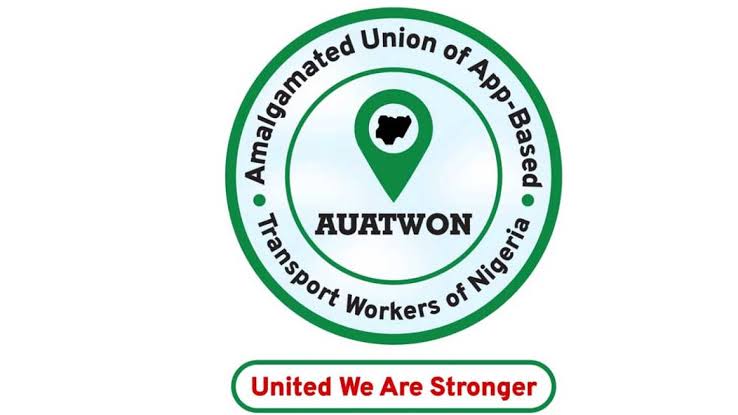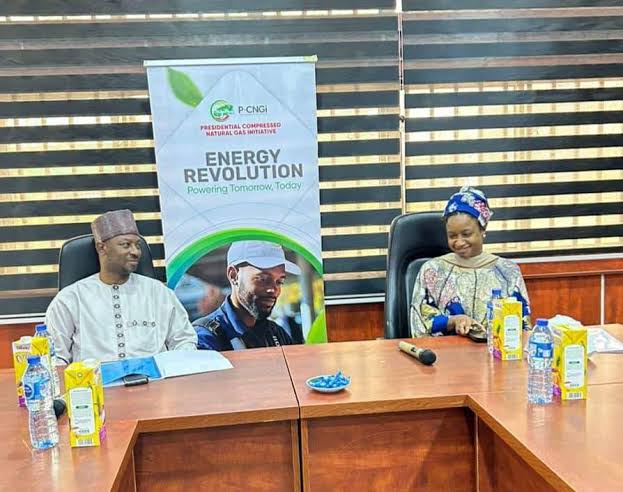Physical Address
60 Ekwema Cres, Layout 460281, Imo
Physical Address
60 Ekwema Cres, Layout 460281, Imo

The Amalgamated Union of App-based Transporters of Nigeria (AUATON) has expressed significant dissatisfaction regarding the recent rollout of the Presidential Compressed Natural Gas Initiative (PCNGI), particularly concerning the CNG conversion benefits.
AUATON claims that the initiative has unfairly excluded its members, who are primarily e-hailing drivers, from receiving the same advantages as traditional transport unions.
While members of the National Union of Road Transport Workers (NURTW) and the Road Transport Employers Association of Nigeria (RTEAN) are receiving free conversion kits and installation, AUATON members are only offered a 50% discount on CNG conversion through the MY-CNG App, which still requires them to pay for installation.
Comrade Adedamola Adeniran, the President of AUATON, has voiced his concerns about the disparity in treatment between traditional transport unions and e-hailing drivers.
He argues that the current structure of the PCNGI’s Conversion Incentive Program is inherently biased, as it provides substantial benefits to NURTW and RTEAN members while leaving e-hailing drivers to shoulder additional costs.
This situation has led to feelings of frustration and injustice among AUATON members, who feel that their contributions to the economy and the transportation sector are being overlooked.
The federal government’s launch of the PCNGI’s Conversion Incentive Program has been met with mixed reactions.

While the initiative aims to facilitate the transition to compressed natural gas (CNG) for drivers, AUATON believes that the approach taken by PCNGI does not adequately represent the interests of e-hailing drivers.
The union argues that the involvement of private companies like Uber and Bolt in the initiative undermines the needs of the drivers, as these companies may not prioritize the welfare of the drivers in the same way that a union would.
AUATON’s concerns are compounded by the fact that the PCNGI has chosen to partner with ride-hailing companies rather than directly engaging with the union.
This decision has raised questions about the effectiveness of the initiative and whether it truly serves the best interests of all drivers.
The union emphasizes that its members contribute significantly to the economy, generating over ₦1.5 billion daily through value-added tax (VAT).
They argue that this economic contribution should warrant equal treatment in government initiatives like the CNG conversion program.
In response to AUATON’s accusations, a representative from PCNGI defended the initiative, stating that the free conversion kits for NURTW and RTEAN members are limited to the first batch of applicants.
The spokesperson highlighted that collaborating with app companies allows for a broader reach among e-hailing drivers, which they believe is essential for the success of the program.
However, AUATON remains skeptical of this approach, insisting that direct collaboration with the union would have been more beneficial for all parties involved.
Read Next: Kenya Moves to Regulate the Crypto Market
The ongoing dispute between AUATON and PCNGI underscores a critical issue in the transportation sector: the need for inclusivity and fairness in government initiatives.
As the transportation landscape evolves with the rise of e-hailing services, it is imperative that policies and programs reflect the diverse needs of all drivers, regardless of their affiliation with traditional unions or app-based platforms.
AUATON is calling for a reevaluation of the PCNGI’s approach to ensure that all drivers, particularly e-hailing drivers, receive equal benefits from the CNG conversion initiative.
The union believes that by working directly with them, the government can create a more equitable system that acknowledges the contributions of all transport workers.
As the debate continues, the future of the CNG conversion initiative remains uncertain.
The AUATON’s push for inclusivity and fair treatment highlights the ongoing struggle for recognition and support within the rapidly changing transportation sector in Nigeria.
The outcome of this dispute could have significant implications for the relationship between app-based transporters and traditional transport unions moving forward.
Was this information useful? Drop a nice comment below. You can also check out other useful contents by following us on X/Twitter @siliconafritech, Instagram @Siliconafricatech, or Facebook @SiliconAfrica.